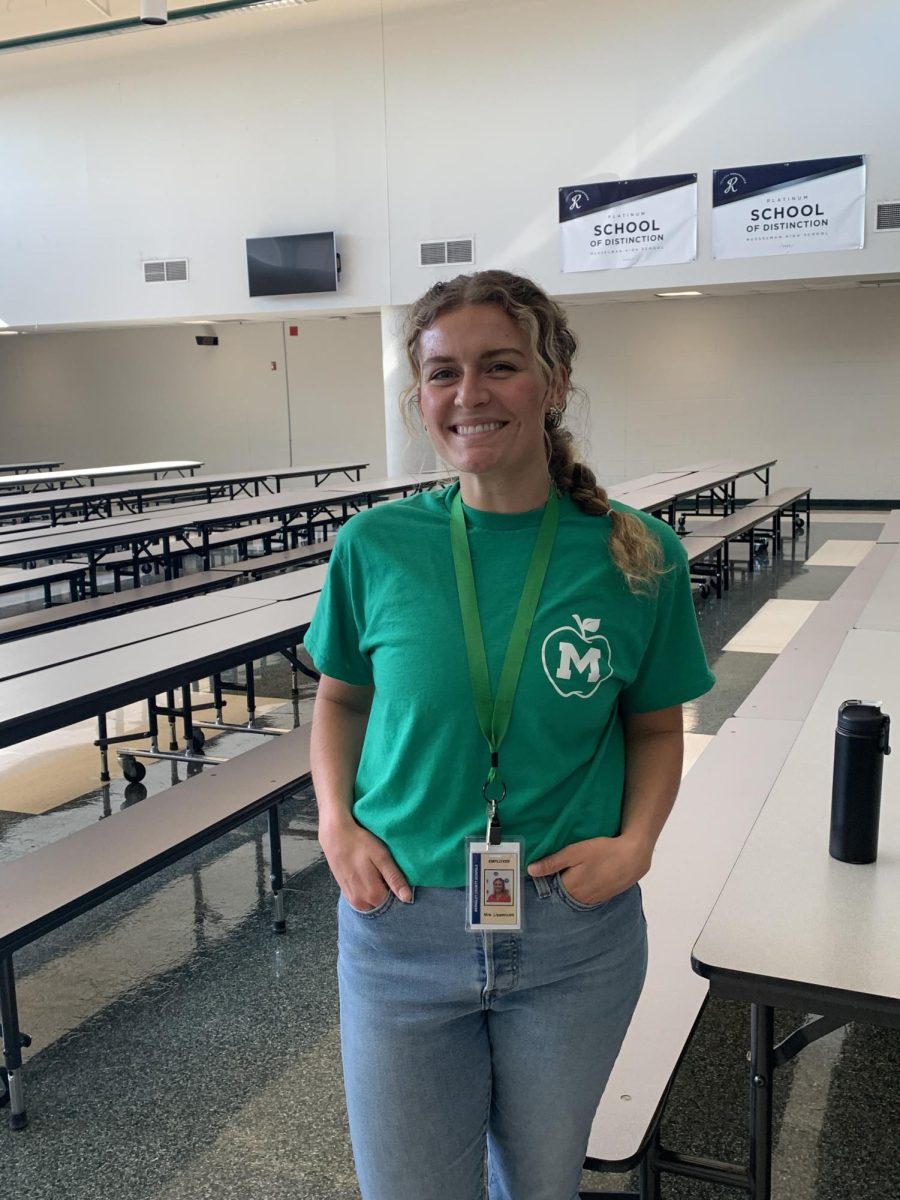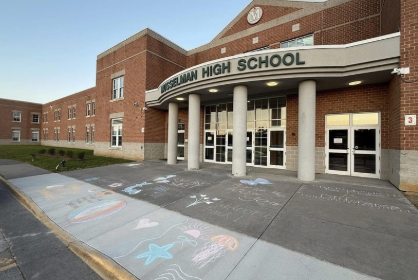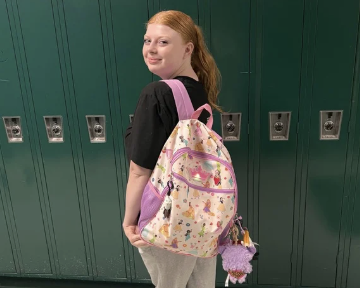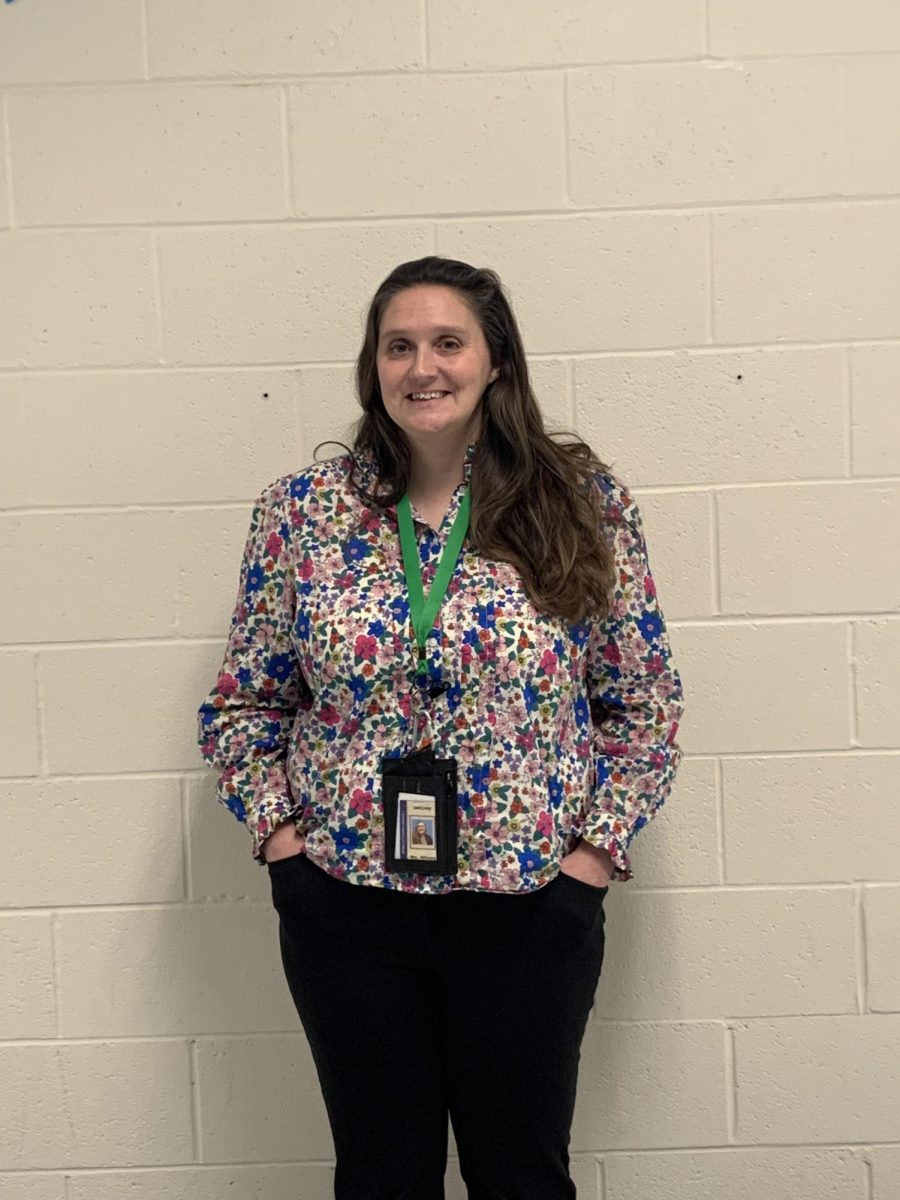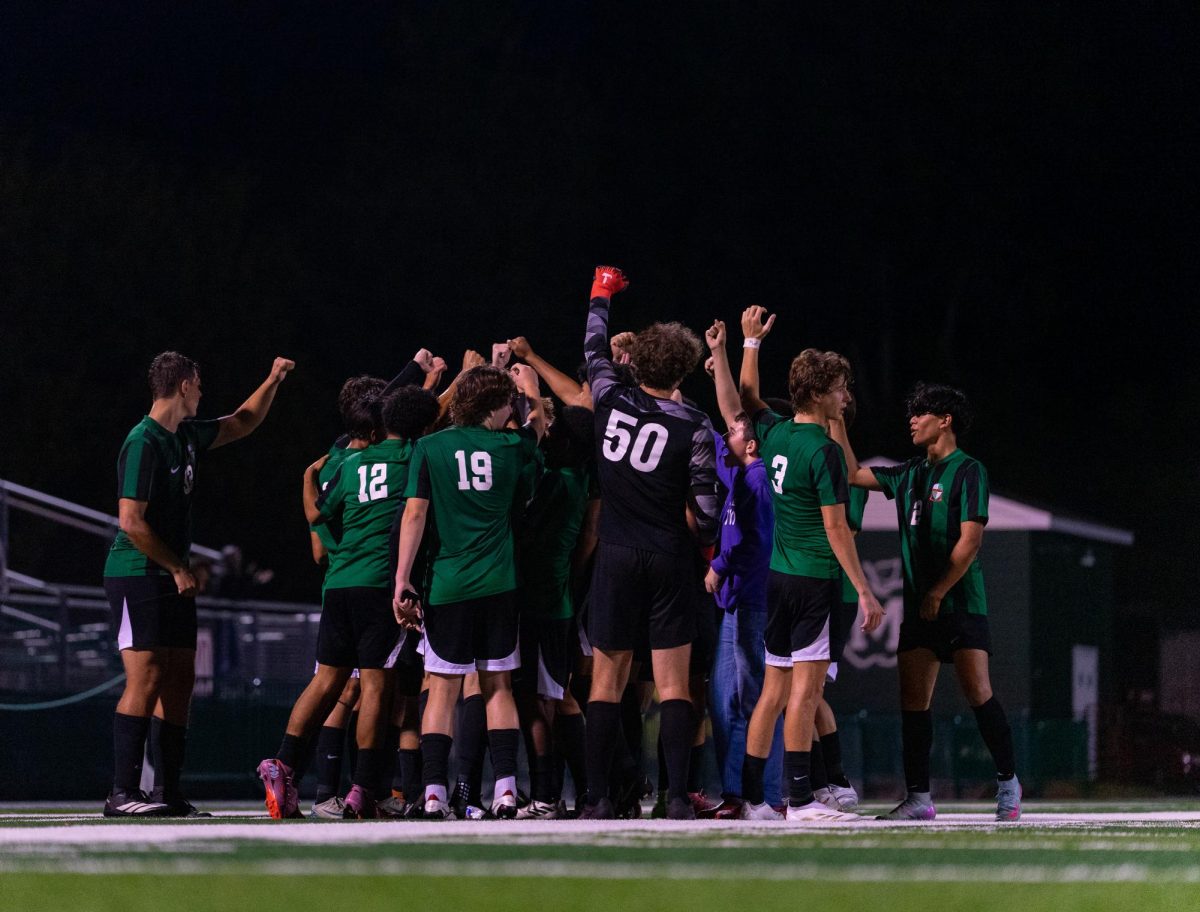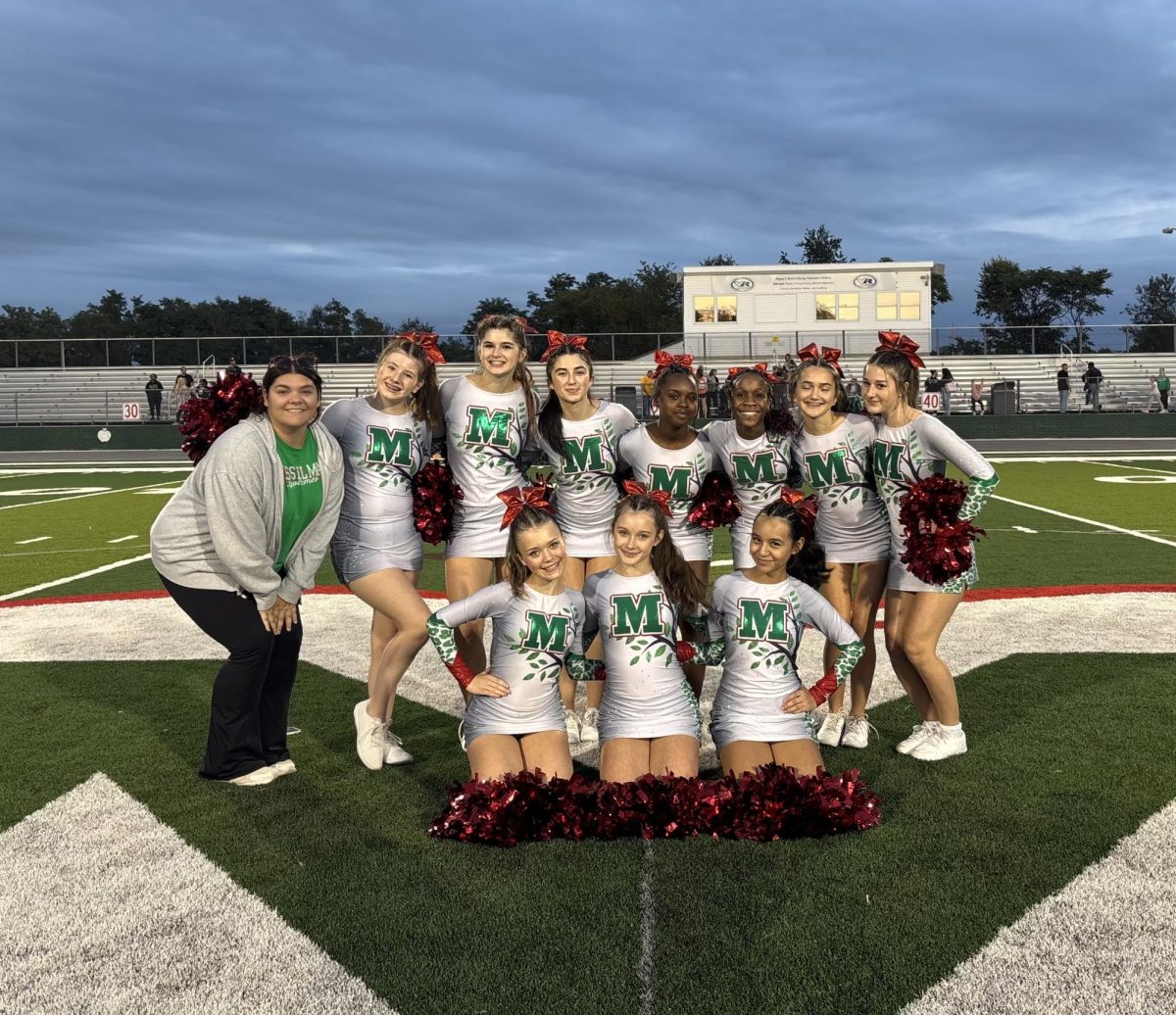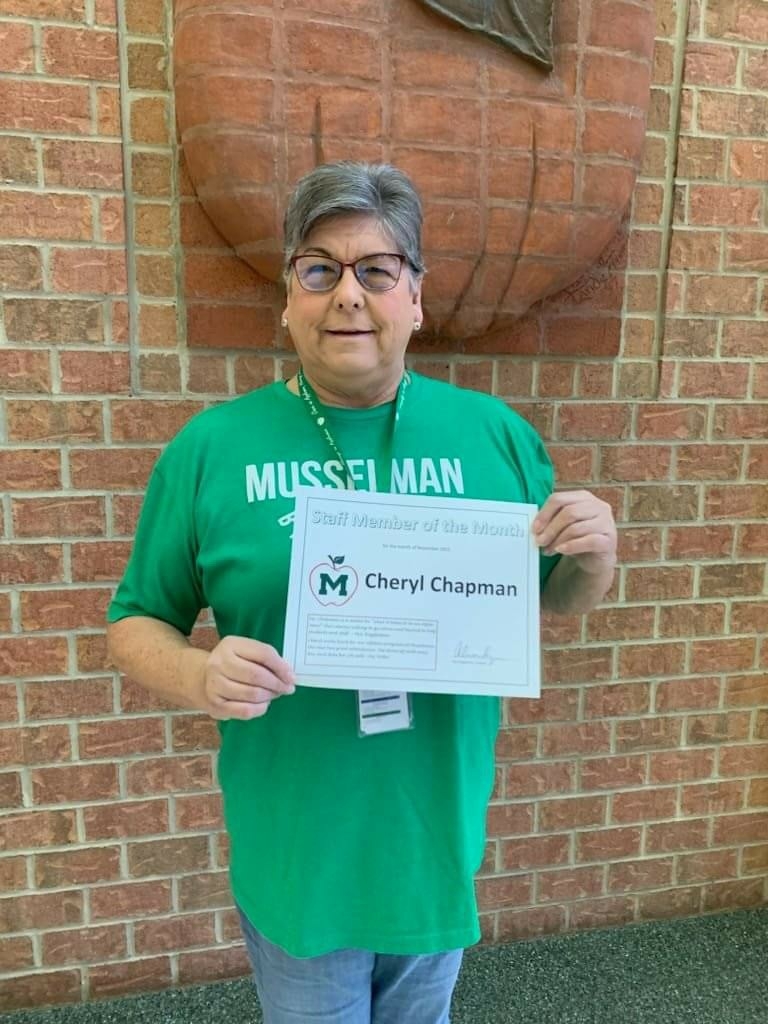The word issue is defined as an important topic or problem for debate or discussion; this word, with both of its syllables, can be used to summarize the predicament occurring within the educational sphere. Although vaguely understood to be in a ‘crisis’ mode by most functioning members of society, few know the genuine extent to which the school system has strayed from the status quo. Upon further investigation, it becomes abundantly clear the extent to which public services fail the average person.
Education itself, which could be described as the backbone of America, has found itself subjected to intense scrutiny, and as a result, the implications could be catastrophic. As debates over curricula intensify, the fundamental purpose of education is at risk of being overshadowed by political agendas and social controversies, as base-level education on controversial topics has been labeled as taboo or insensitive to differing perspectives. When education is omitted and varies vastly from state to state, the knowledge gap widens, leaving a disproportionate amount of Americans substantially and intellectually behind.
This disparity not only affects individual opportunities but also impacts the overall economy and social cohesion. Students in underfunded schools often lack access to essential resources, qualified teachers, and advanced courses, stunting their ability to compete in a global job market. As a result, we see a cycle of poverty and inequality perpetuated across generations. We see this lack of education, fewer job opportunities between districts, and pay gaps—however, in diverse communities with differing income levels, this intensifies as a critical issue. The government has shown zero concern in taking its side of the bargain, as most individuals often ponder where their taxes go, if not to publicly funded establishments.
West Virginia proves not to be an outlier to these shifts in curriculum. BCS, an education institution responsible for the direction of all the public schools in the Berkeley County area, has been gaining traction in the media for less-than-favorable circumstances. Teachers and parents alike have been outspoken in their dissatisfaction regarding the current direction and ongoing issues surrounding regulation in the classroom setting. Michell Barnhart, an educator currently employed by the district, has been an advocate for the victims of the education system, highlighting the evident issues occurring on a systemic level.
Barnhart, making an appearance at the Board of Education on Monday, May 5th, reiterated the severity of several lackluster choices made by the board and their negative impact on students and teachers. This would include, but is not limited to, the dual enrollment courses at Martinsburg High being in direct jeopardy due to the loss of qualified personnel available to teach the course. Dual credit classes, provided to every other high school in the district, provide students with future plans of higher education the opportunity to begin their college journey while still remaining in high school. Barnhart would reiterate this claim, also stating that it is imperative for properly trained, experienced teachers to be in charge of those spaces due to the nature of the class, she would compare the lackadaisical selection of teachers to “picking someone off the street and handing them a clipboard,” the clipboard symbolizing the authority and title of power, and the random person signifying an underprepared individual given unprecedented authorization.
While issues such as the ones Barnhart would go on to mention often displayed the nature of underfunded education, this is not mutually exclusive to schools, as insufficiently funded education on a national scale has seen its fair share of changeovers leading to similar outcomes as seen in West Virginia. This is in part due to education being labeled as a privilege rather than an unequivocal right. We see this blatantly through the systematic disregard by legislatures and governors alike, as the word crisis lacks enough vitality to prioritize attention and discussion further—an absolute enigma for the century.
Addressing imperative matters such as pay gaps, lack of resources, and overall dissatisfaction concerning a myriad of financial aspects discourages young people and veteran teachers from exploring the profession further. It is crucial to cultivate an unbiased and effective education system that meets the needs of all students. As educators, policymakers, and communities engage in dialogue about these substantial matters, exploring innovative solutions that can lead to meaningful modification in education becomes essential.

